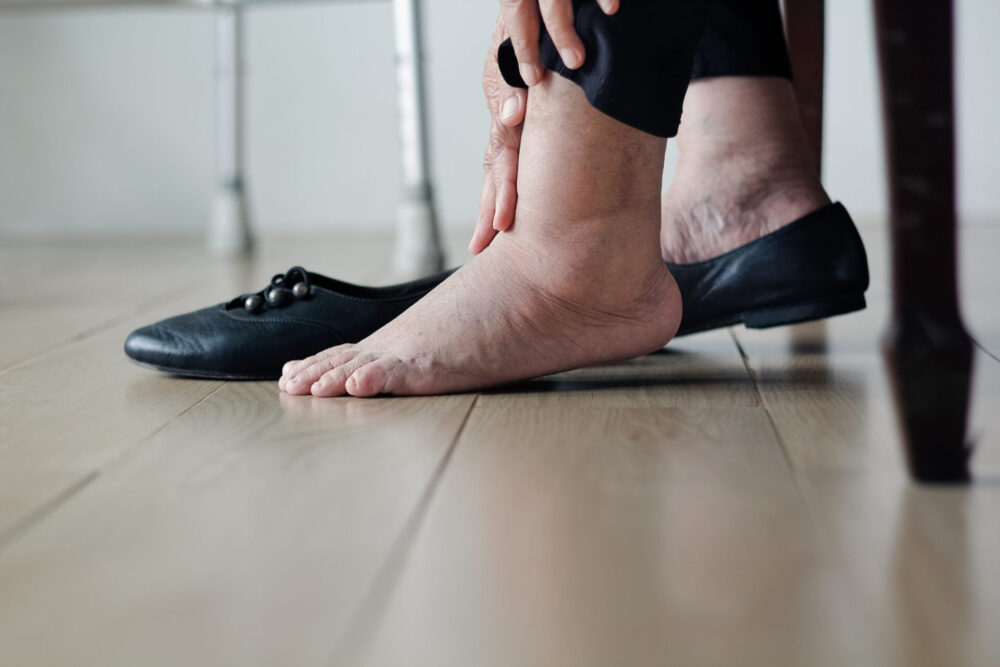If you or an elderly loved one experiences chest pain often, you might want to visit a private cardiologist immediately for a heart check-up and thorough diagnosis. Chest pains usually signal a severe heart-related problem such as a heart attack or angina. Keep reading to learn more about chest pains and what you need to know about them.
What is chest pain?
Typically, chest pains feel like a sharp, stabbing pain or a dull ache in the chest. They vary depending on the person in terms of quality, intensity, duration and location. However, it’s always advisable to seek medical attention even if your chest pains don’t last long or are not as intense.
Older people experience chest pains more often than younger individuals. This is because as you get older, your heart works harder to pump blood to various organs in your body, making it more vulnerable to various heart conditions.
This increases the need for older individuals to get regular heart check-ups to ensure their hearts function correctly.
What causes chest pain?
Generally, there are three causes of chest pain:
1. Heart-related
Heart-related causes of chest pain include:
- Angina – it’s caused by blockages in the blood vessels leading to the heart
- Myocarditis – inflammation of the heart muscle
- Heart attack – blockage of blood flow to your heart
- Cardiomyopathy – a disease of the heart muscle
It’s vital to note that cardiac origins of chest pains are life-threatening if not addressed immediately. That’s why it’s essential to watch out for any signs of chest pain accompanied by fatigue, lightheadedness, shortness of breath, nausea and abdominal pain.
All these signal heart problems and you should consult with a cardiologist for proper diagnosis and treatment.
2. Gastrointestinal
These include heartburn, acid reflux, gallstones and swallowing problems. These also require medical attention from a specialist.
3. Lung-related
Lung-related causes of chest pain include pneumonia, bronchospasm, viral bronchitis, and pneumothorax.
How is chest pain diagnosed?
Once you book a consultation and visit your private cardiologist, they’ll ask you some questions regarding your symptoms, medical history and treatments. Depending on your answers, they may order heart tests to help diagnose or eliminate heart-related problems.
These tests may include:
- Blood tests
- An ECG
- An Echocardiogram
- A chest X-ray
Only visit an experienced private cardiologist like Dr Georgios Karagiannis as they will know what diagnostic tests to run for your chest pain.
Contact Dr Karagiannis today to book your consultation.
Request A Call Back
Please fill in the contact form and we will call you back at a time most convenient for you.
RECENT POSTS




